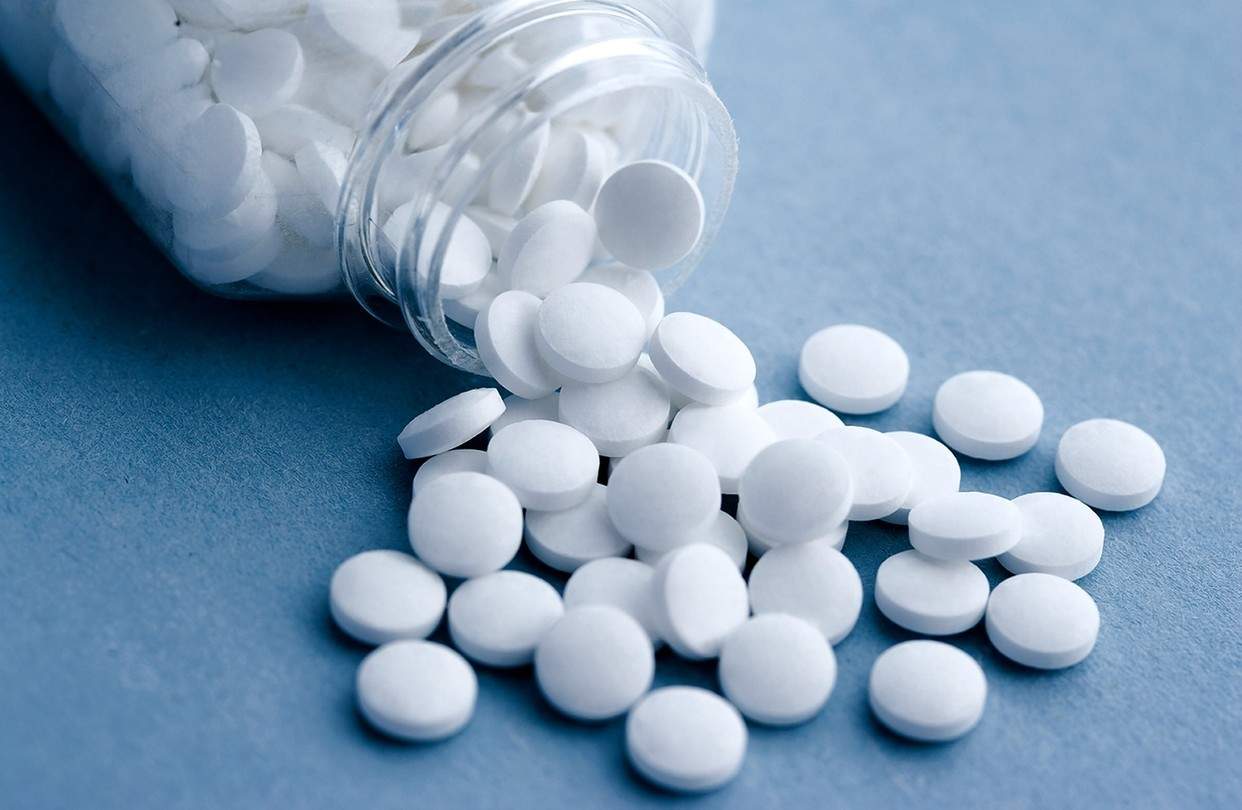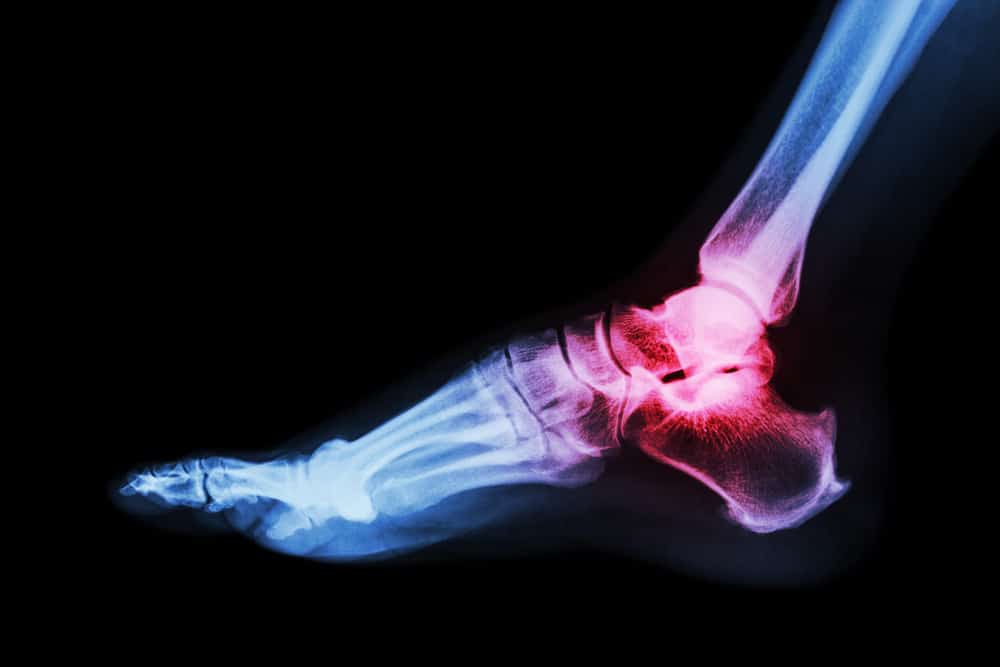Contents:
- Medical Video: How To Treat Swollen Gums
- What causes sensitive teeth during pregnancy?
- How to deal with sensitive teeth while pregnant?
Medical Video: How To Treat Swollen Gums
Many changes that occur when you are pregnant. This change can even occur in areas of the body that you did not expect before, teeth for example. It turns out that not only is the mood sensitive, the teeth become easier to feel pain when exposed to hot or cold food. But does this sensitive tooth when pregnant normally occur?
What causes sensitive teeth during pregnancy?
Although not all pregnant women will experience the same conditions, sensitive teeth during pregnancy are one of the normal changes. You can experience it at the end of the first trimester or the beginning of the second trimester of pregnancy.
Gums are connective tissue that surrounds the neck of the tooth and covers your jaw. Increased hormones that occur in the body of pregnant women, causing increased blood flow to the gums. This condition causes your gums to soften and become more susceptible to inflammation and swelling. Prolonged complications of this situation will affect the dental tissue that covers the roots of the teeth and other inside teeth including dentin.
The function of dentin is to cover the central nerve contained in the teeth. Dentine that is not covered will certainly be able to increase the sensitivity of your teeth. This condition may explain why you feel piercing and painful when you eat food or drinks that are too hot or too cold.
How to deal with sensitive teeth while pregnant?
To deal with teeth that are aching due to food, several ways you can do, such as:
- You can increase the sensitivity of your teeth with the use of a soft toothbrush and a gentle brushing technique.
- In addition to toothbrushes, you also need to replace your toothpaste into toothpaste for sensitive teeth.
- It's best to avoid foods and drinks that are too sweet and sour. Eating or drinking foods or drinks that are too sweet, will actually worsen the condition of your teeth, just like food and drinks that are too hot or cold. Make sure you rinse your mouth with warm water after you consume the food and drink.
- Calcium, vitamins B12, C and D are important for tooth growth. Eating foods and drinks that contain these nutrients will be able to maintain the health of your teeth that are sensitive.
- Increasing the frequency of your toothbrushes in a day, including after eating snacks, can prevent plaque, the most common cause of gum disorders.
But immediately get your teeth checked by a doctor, if your sensitive teeth are accompanied by:
- Pain in the teeth until the date of the tooth.
- Bleeding or swelling of the gums.
- Injuries to other parts of the mouth that hurt every time you eat.
- Difficulty in breathing.
Don't forget to also tell your doctor if you are pregnant when you do this examination.












